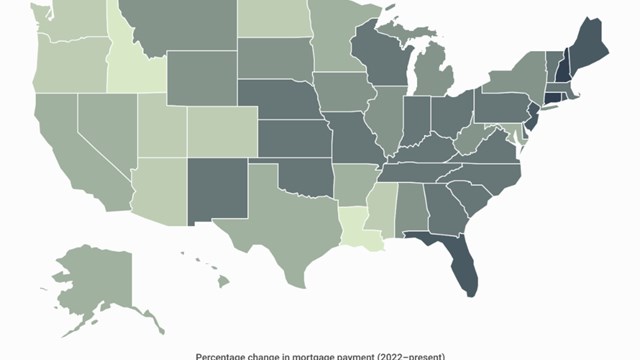
Q. Can you tell me if it is legal for a co-op board to turn down the sale of a unit because they think the selling price is too low? The appraisal from a well-known real estate appraiser was much lower than the contract price. However, the board refused two sales. What was once a rumor was confirmed after the second refusal by the board. It was told to us that the board will not approve a sale under $500,000 more than the appraisal. Can this be legal to force sale prices up? —Searching for Answers
A. “To answer the inquirer’s questions regarding this specific case,” says Mindy H. Stern, Esq., a partner at the New York-based firm of Schwartz Sladkus Reich Greenberg Atlas LLP, “we would need to review the co-op’s governing documents, and learn when and how the board communicated its prior two rejections, and its position regarding the purchase price. Does the additional $500,000 requirement apply to all units, or just this unit, and in either case, how long is this requirement to remain in effect? We also need to know if the appraised price is in fact the current fair market value of the unit, especially given that the inquirer describes it as being much lower than one of the rejected contract prices. Does adding $500,000 to the purchase price effectively bring the unit price closer to current market value, or is it nothing more than an arbitrary minimum price that bears no relation to current market value?
“That said, the question is fundamentally one about the limits of a co-op board’s authority. The state’s highest court held in 1990 that co-op board decisions are governed by the business judgment rule, which prohibits courts from second guessing board decisions, even if they are ill-advised or unreasonable, as long as they are made in good faith, exercising honest judgment in the lawful and legitimate furtherance of corporate purposes. Although recognizing that some boards might abuse these broad powers, the court held that the potential harm from such abuse is outweighed by the need for boards to be able to protect the interests of the entire community of residents.
“Over the last 25 years, several courts have considered whether a board that rejects a sale application because it deems the sale price to be too low is appropriately exercising its authority in the context of the business judgment rule. The law is still evolving in this area, and the cases are based on very specific facts and circumstances, but there are several instructive take-aways from these court decisions. First, there is a concept in the law referred to as “restraint on alienation” which prohibits a board from rendering decisions or imposing requirements that effectively prevent a shareholder from ever selling his or her shares. But that does not preclude a board from imposing sale conditions. Most co-op proprietary leases generally require board approval for sale transactions with certain exceptions, and many leases permit the board to grant or withhold consent for any reason or no reason. The courts have upheld board decisions rejecting a sale based upon the board’s good faith determination that the proposed sale price was substantially below market. But an arbitrary rule setting a minimum price above an appraiser’s fair market valuation or an arm’s length contract price with a third party negotiated in good faith is not protected by the business judgment rule, and risks being deemed an unreasonable restraint on alienation.
“For example, it was deemed an unreasonable restraint on alienation and outside the board’s authority for the board to set a minimum floor price for certain sized units based solely on the appraisal of two units in a 160-unit co-op, when the governing documents did not give the board such authority, the floor price restriction was imposed for an indefinite time, and shareholders were never notified about it. It also was held to be an unreasonable restraint on alienation for an occupancy agreement to require a selling shareholder to give a co-op a 60-day option to buy the unit at any price the board elected, because the price might bear no relation to current market value. It also has been held that requiring a selling shareholder to sell at a price well above current market price could be deemed an unreasonable restraint on alienation.
“On the other hand, if a lease gives a board a right of first refusal to buy a unit and the board decides to exercise that right because it believes that the sale price in the contract presented to it is too low, that has been deemed a proper exercise of a board’s discretion. And some courts have stated that a co-op has a legitimate interest in securing the highest possible purchase price for the sale of its units. So if a lease gives a board broad discretion to grant or withhold consent for any reason or no reason, absent proof that the board is breaching its fiduciary duty or engaging in self-dealing (such as denying consent because someone on the board wants to buy the unit or the board has some kind of inappropriate personal vendetta against the selling shareholder) there may be a legitimate basis for a co-op board to deny consent because it does not believe in good faith that the sale price bears a reasonable relation to current market value. Given that court decisions are so fact-based, co-op boards are well served to consult with counsel before making a final determination about a sale application based on concerns about the purchase price.”









3 Comments
Leave a Comment